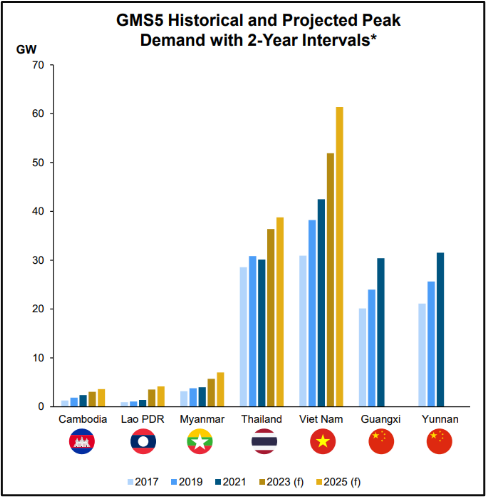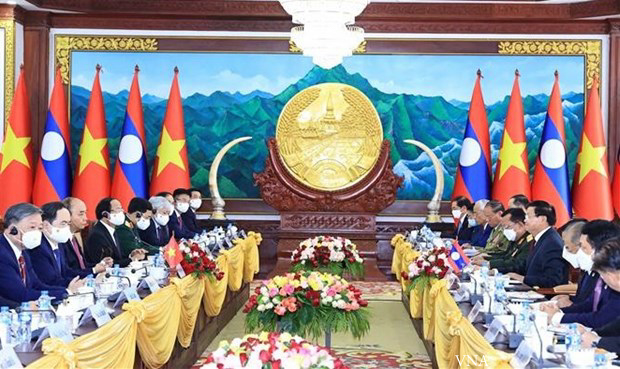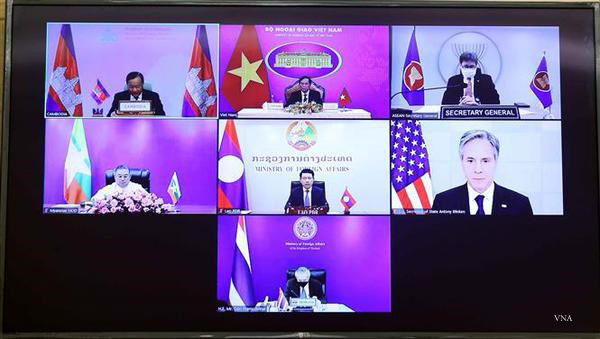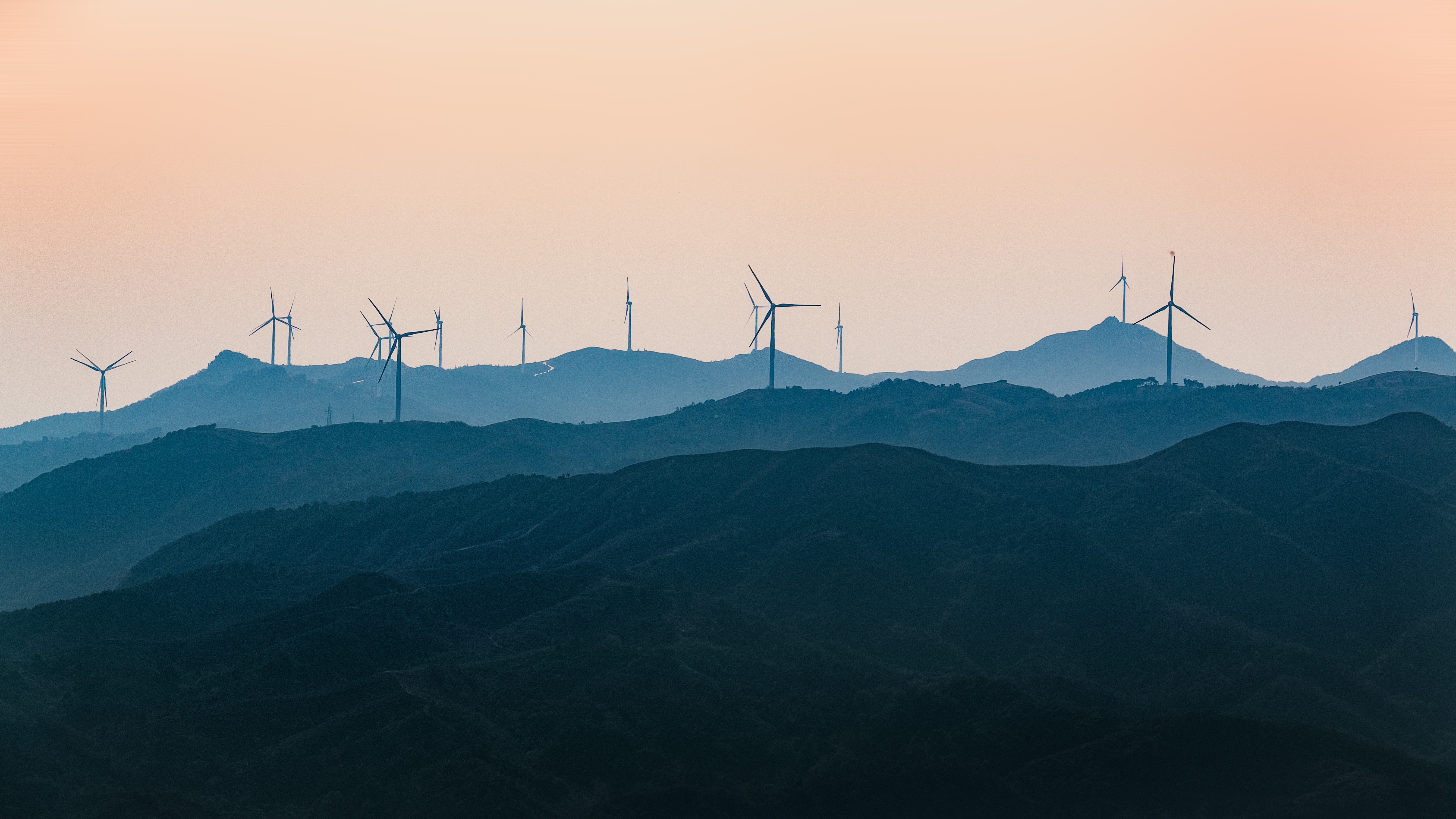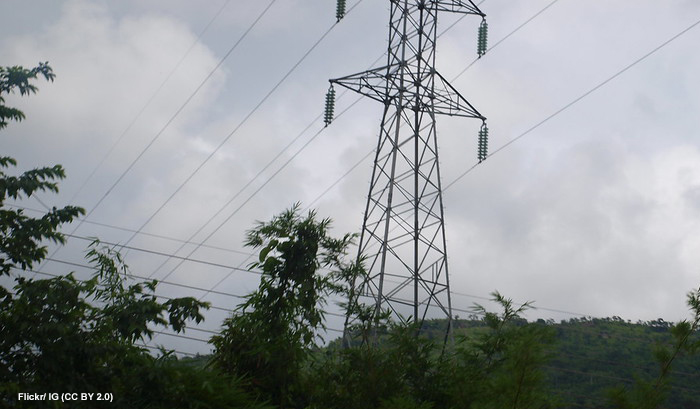Viet Nam President Undertakes First Official State Visit to Lao PDR
Viet Nam President Nguyen Xuan Phuc and Lao PDR President Thongloun Sisoulith pledged to continue to give the highest priority to their bilateral cooperation, and noted the need to closely coordinate in Mekong subregional cooperation mechanisms. The Viet Nam President was in Lao PDR on 9-10 August for his first official overseas visit. On 9 August, he held talks with his counterpart.

